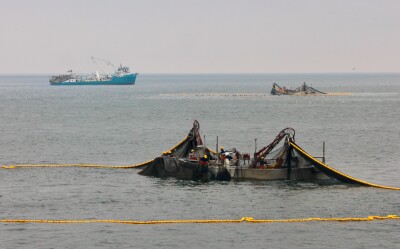I'm not a stuff person. I prefer to spend my money on experiences and my internal well-being. That being the case, I'd rather eat wild fish than farmed. But more importantly, I prefer never to eat genetically modified foods.
That's been on my radar for several years as far as corn, wheat and soy go. But now the FDA is on the verge of approving the first genetically modified animal protein for human consumption.
Before I even get to the flashing red question marks as to how a genetically-altered animal might affect the human body upon ingestion, I have overwhelming concerns about how this lab-rat-fish might affect wild populations of salmon.
There is talk of Fraser River populations looking moderately healthy again this season. Even in Maine, Atlantic salmon is set for a banner year (comparatively) of fish exiting the river systems. And of course, there's Alaska and the entire U.S. West Coast.
Some of those salmon populations have suffered setbacks, from Alaska kings to California everything. But we are working on restoring those populations.
So what could happen to them if Frankenfish mixes with these wild populations? The answer is: We don't know.
Why don't we know? Because the FDA relies on the company (in this case AquaBounty Technologies) applying for the permit to conduct its own safety studies.
And guess what the AquaBounty folks discovered in the analysis of their own product? It's safe! Imagine that.
This week several retailers, including Trader Joe's, Aldi and Whole Foods announced that they will boycott the genetically modified salmon, should it come to market.
But you can make a mark, as well. The FDA extended the deadline for public comments on Frankenfish. If you want your voice to be heard, now is your chance. And it's likely your last chance.
Click here to submit a comment directly to the FDA.
If you need a leg up, Food & Water Watch offers a standard comment that you can personalize on their site.






